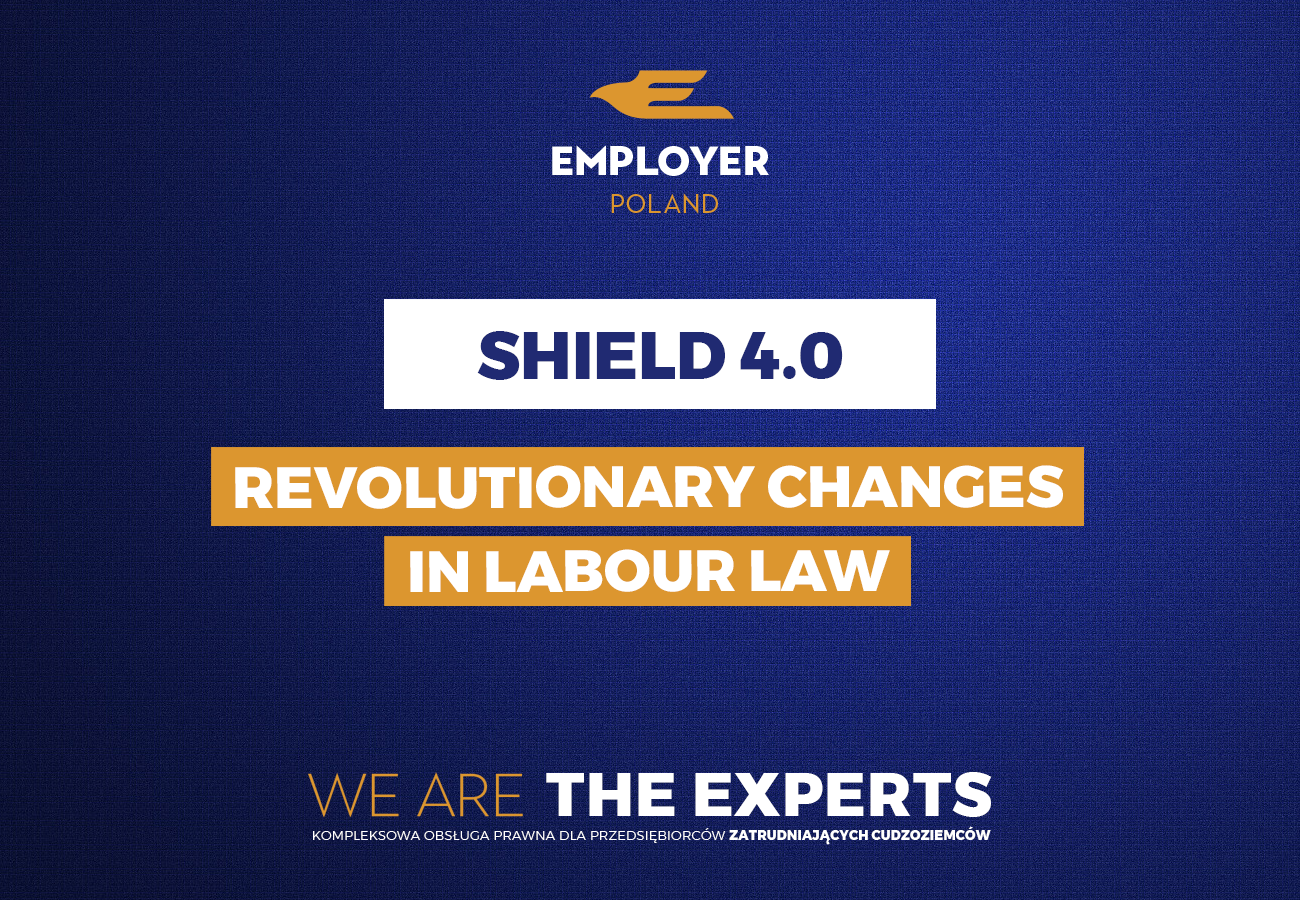
Shield 4.0 or revolutionary changes in labour law
The draft act on subsidies to interest rates on bank loans granted to provide financial liquidity to entrepreneurs affected by the effects of COVID-19 and to amend some other acts – i.e. Shield 4.0 – contains a whole series of provisions of a controversial nature, especially for the labour law. These provisions introduce changes that significantly affect the situation of employees, including suspension of the application of some provisions of the Labour Code.
SUSPENSION OF APPLICATION OF COLLECTIVE ARRANGEMENTS OR SALARY RULES
Shield 4.0 assumes that under certain conditions during the period of the epidemic emergency status or the epidemic status announced due to COVID-19, the provisions of collective agreements or salary rules are suspended.
Pursuant to the provisions of Shield 4.0, during the period of the state of epidemic threat or the state of epidemic announced due to COVID-19, in the event of an employer in the meaning of Article 3 of the labour code act of 26 June 1974, decrease in economic turnover, referred to in Article 15g paragraph 9, or a significant increase in the burden on the salary fund referred to in Article 15gb paragraph 2, the provisions of collective labour agreements or salary rules introduced pursuant to Article 4 of the act of 4 March 1994 on the company social benefit fund, setting a higher amount of write-off to the company social benefit fund and other social and living benefits than specified in this act. In such a case, the amount of the contribution to this fund specified in this act shall apply.
Therefore, in the event of a decrease in the economic turnover of the employer or a significant increase in the payroll fund’s burden, by law, more favourable provisions than those of the act on the company social benefits fund which set a higher amount of write-off to the company social benefits fund and other social and welfare benefits living conditions than specified in the act on the company social benefits fund shall not be applied. In such a case, the amount of the contribution to this fund specified in this act shall apply.
POSSIBILITY OF CANCELLATION OF THE USE OF CERTAIN PROVISIONS OF THE COMPANY SOCIAL BENEFITS FUND
In addition, the provisions of Shield 4.0 give the Employer the opportunity to opt out of the application of certain provisions of the Company Social Benefits Fund.
Pursuant to the provisions of Shield 4.0, during the period of the state of epidemic threat or the state of epidemic announced due to COVID-19, in the event of an employer, in the meaning of Article 3 of the Labour Code act of 26 June 1974, suffering decrease in economic turnover, referred to in Article 15g paragraph 9, or a significant increase in the burden on the salary fund referred to in Article 15gb paragraph 2, the employer may suspend the obligations referred to in the act of 4 March 1994 on the company social benefit fund. These are:
● creation or functioning of the company social benefit fund,
● making a basic write-off,
● payment of holiday benefits.
However, it should be remembered that in the case of the three possibilities described above, the Shield 4.0 draft requires the employer’s cooperation with trade union organizations. Therefore, employers will be able to make significant decisions regarding the company social benefits fund only if they act in consultation with employee representation.
POSSIBILITY OF SHORTENING WORKING TIME
Shield 4.0 also gives the employer the opportunity to reduce the employee’s working time or cover economic downtime in the event of a significant increase in the employer’s payroll burden as a result of the COVID-19 epidemic.
According to Shield 4.0, the employer referred to in Article 3 of the Labour Code act of 26 June 1974, who suffered a decrease in revenues from the sale of goods or services as a result of the occurrence of COVID-19 and therefore there was a significant increase in the burden on the salary fund, may:
● reduce the working time of the employee referred to in Article 15g paragraph 4, by a maximum of 20%, not more than 0.5 of the full-time job, provided that the salary may not be lower than the minimum salary for work determined on the basis of the provisions on the minimum salary for work, including the working time of the employee before its reduction;
● subject the employee to the economic downtime rule, provided that the employer pays this employee a salary reduced by not more than 50%, but not lower than the amount of the minimum salary for work determined on the basis of the provisions on the minimum salary for work, including working time.
REMOTE WORK ORDERS
Shield 4.0 also clarifies the issue of remote work. Pursuant to the provisions of Shield 4.0, remote work may be recommended if the employee has the technical and housing skills and capabilities to perform such work and the type of work allows it. In particular, remote work may be performed using means of direct remote communication or involve the performance of manufacturing parts or material services. The employer provides the means of work and work materials needed to perform remote work and the logistics of remote work. Moreover, when performing remote work, an employee may use means of work that are not provided by the employer, provided that this allows for the respect and protection of confidential information and other legally protected secrets, including business secrets or personal data, as well as information whose disclosure could expose the employer to damage. At the request of the employer, an employee performing remote work is required to keep records of the activities performed, including in particular a description of these activities, as well as the date and time of their performance. It should be remembered, however, that the employer can withdraw his remote work order at any time.
LEAVE WITHOUT EMPLOYEE CONSENT
Pursuant to the applicable provisions of the Labour Code, leaves that were not used by an employee in a specific calendar year should be taken by 30 September of the following calendar year. Pursuant to the provisions of Shield 4.0, during the period of epidemic emergency or epidemic status announced due to COVID-19, the employer may grant the employee, within the period specified by him, without obtaining the consent of the employee and bypassing the leave plan, leave not taken up by the employee in previous calendar years, up to 30 days in duration.
PAYMENT OF SEVERANCE AT LOWERED AMOUNT
Shield 4.0 also introduces changes that provide the employer with the option of paying employee severance pay at a reduced amount. The severance pay will no longer be fifteen times the minimum wage on the day the employment ends, but only ten times the minimum wage.
Sources:
1. Act of 4 June 2020 on interest-rate subsidies for bank loans granted to provide financial liquidity to entrepreneurs affected by the effects of COVID-19 – The text of the act submitted to the Senate in accordance with Article 52 of the Sejm rules.
2. Website: https://praca.gazetaprawna.pl/artykuly/1482540,tarcza-4-0-ulatwi-zawieszanie-ukladow-zbiorowych-regulaminu-wynagrodzen-zfss.html,
3. Website: https://www.gov.pl/web/rozwoj/wiadosci.
Author: Trainee Attorney-at-Law Gabriela Czopek
Editorial supervision: Attorney-at-Law Paweł Tokarski








